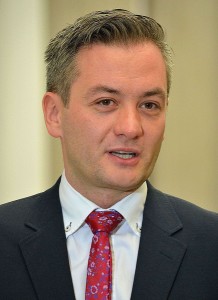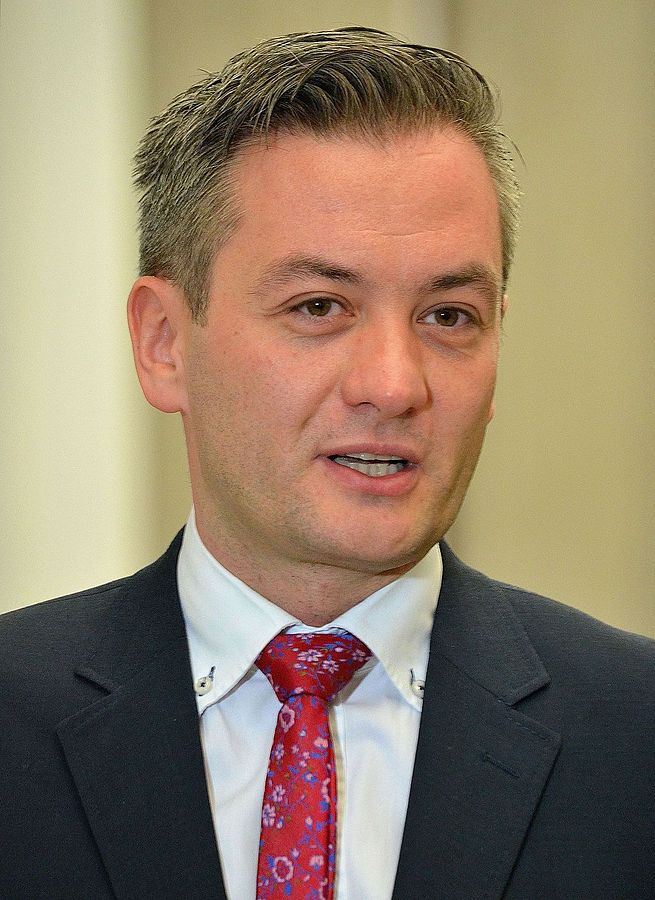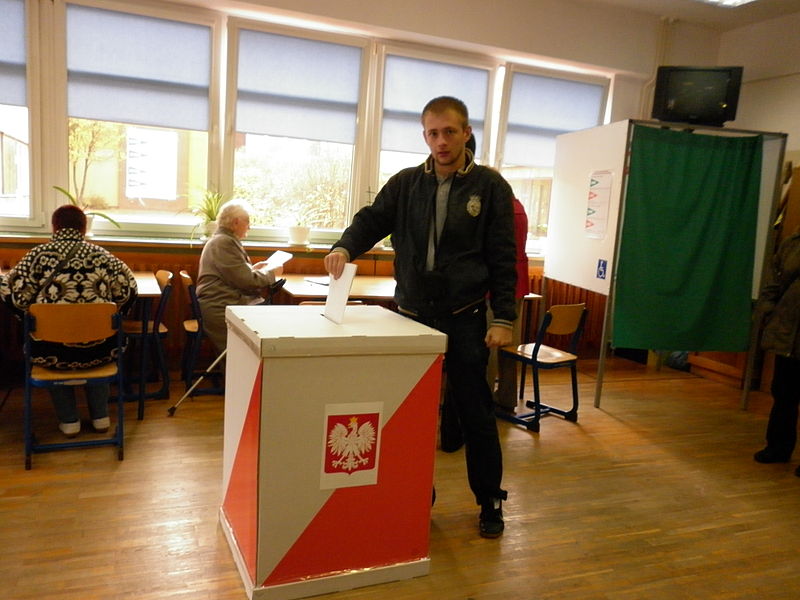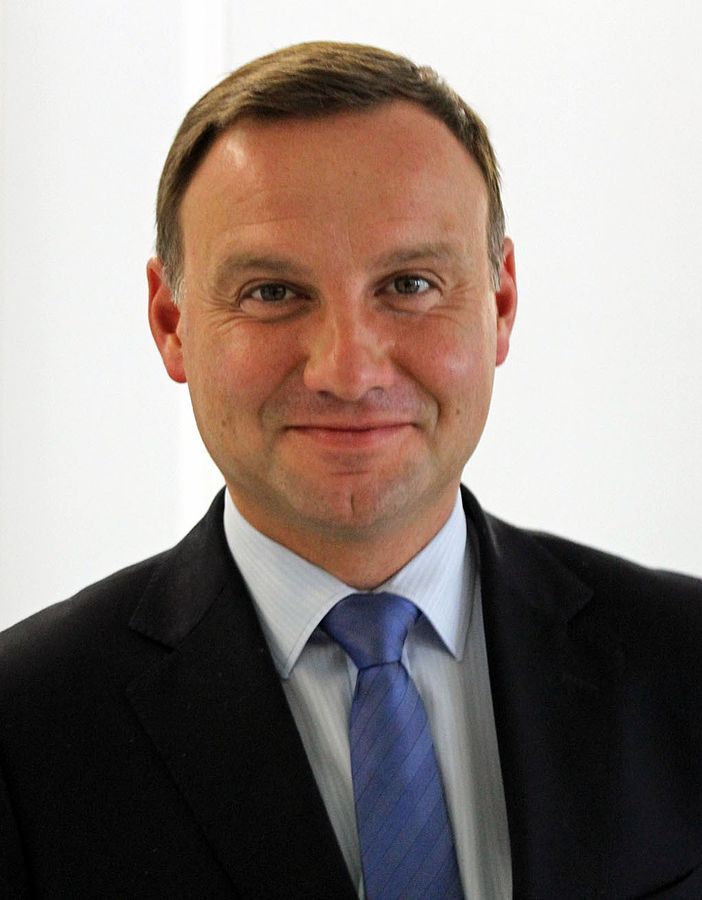The results of the Polish local elections came as a big surprise. Although PiS came out relatively good, it’s victory did not really allowed it to take power in most of the towns and district it hoped. Surprisingly good result of peasant’s party PSL shows that they enjoy much greater following at the local level than in nationwide election. Their success, together with the unusual number of invalid votes might be also a sign, that people are fed up with a lack of choice offered to them by the main political parties. Anyway, the outcome surprised many. The only constant was that Jarosław Kaczyński of PiS as usual accused the government of ridging the elections.

It’s true that the National Electoral Commission encountered some technical difficulties – the new computer system proved to be unfit for the job and the votes had to be counted manually. Yet again Polish law regarding public contracts proved to be flawed, as in most cases it prefers the cheapest offer, which has obvious impact on quality. This was the case this time as well, as it emerged that the whole system was written by some low paid students. Yet, the accusation of Jarosław Kaczyński go much beyond the irregularities at the Electoral Commission – he also accused local voting stations of fraud at the mass scale citing “enormous” number of the official protest against the results of the elections. This is a far fetched accusation and most of the people did not buy it – it’s enough to mention that number of protests was only slightly higher than usual and in about 75% of local polling stations observers from PiS were present. So this accusations are simply a continuation of the PiS politics of undermining state institutions and democracy in every possible way. Still, although they did not managed to reach anyone outside their hardline followers, they keep blowing that trumpet and on 13th od December, anniversary of the introduction of the Martial Law in 1981, they plan a mass march on the streets of Warsaw “in defense of democracy”. They need it as a smoke screen as their party is in crisis after it emerged that some of their most notable MP’s, including official party spokesperson, were involved in a fraud related to a travel expenses.
Meanwhile at the local level there were some more surprises. Some mayors of the major cities who were up to this day considered unsinkable had to defend hard their position, and some even lost their job. There was an interesting case of Robert Biedroń, a well known gay activist and member of the Ruch Palikota – otherwise unsuccessful party, who became major of the city of Słupsk. It proves that contrary to popular opinion Poles are able to appreciate one’s hard work even if most of them does not agree with person’s views – Biedroń was widely acclaimed as one of the best and most hardworking MP’s.
The situation would look different though if only votes of young people were considered. Youth, after short fling with Ruch Palikota who after very succesful national elections stormed the parliament lost it’s way. The party made of conglomerate of loosely associated organizations with different agendas – from gay activists through anti-clerical organizations to the organizations fighting for legalization of marihuana turned to be unable to work together for the bigger case. With some exception like Robert Biedroń it’s MP’s turned out to be inactive and it’s leader Janusz Palikot lost his ways by trying to kill too many birds with one stone.
The young voters moved their liking to the right and votes for KNP (Congress of the New Right), a party associated with charismatic Janusz Korwin-Mikke, former MP and current MEP. His party is so right-wing extreme populist organization that even Nigel Farage and his UKIP refused to be associated with them in the European Parliament. But on the Polish political scene they aren’t news: Korwin-Mikke is present on the Polish political scene for last 25 years and was always drawing attention of the young people thanks to his charisma. Fascination with the Korwin-Mikke ideology used to be like a chickenpox – everyone had a period of fascination with his ideas then was soon moving forward, as the best cure was to read more of his teachings. The problem nowadays is that firstly, there is nowhere to move forward as none of the political movements present on the stage are appealing to young people, and secondly, Korwin-Mikke finally found his target. He is known for his catchy ideas, invoking personal freedom in every possible way and portraying a state and European Union as an opression. Some of his ideas even look clever at first but on the second look they make absolutely no sense. But now there is new generation of young people, who had grown with a smartfon in their hand. This Internet generation is used to a superficial knowledge and rarely tries to reach for more, therefore many young people are satisfied with Korwin-Mikke ideas and consider him as a kind of guru, blindly following his movement: the Internet is flooded with the content created by New Right activists.
Korwin-Mikke movement had a succesful European election, but after that took a blow after it’s leader was ridiculed for his poor English in European parliament, then there were other incidents like being caught asleep during sessions or calling a young generations “niggers of Europe”. On the home ground he also earned himself a boycott of all mainstream media after he slapped another politicians in the face and then bragged about it being honorable solution to some long-standing argument and comparing it to challenge for the duel. He seemed unable to understand that XIX-century behaviour is unacceptable and that caused him some loss of the followers, thus making the local election a defeat from them. But since there is no new power yet that could suck the votes of young people, it seems that New Right did not had it’s last word yet.
One thing is sure: if local election are to be considered as a prelude to national elections, that are to be held next year, Poland has a really interesting year ahead of it.
Text was published in Czech in Britské Listy
Fot: “Robert Biedroń Sejm 2014” by Adrian Grycuk – CC BY-SA 3.0 pl via Wikimedia Commons.





